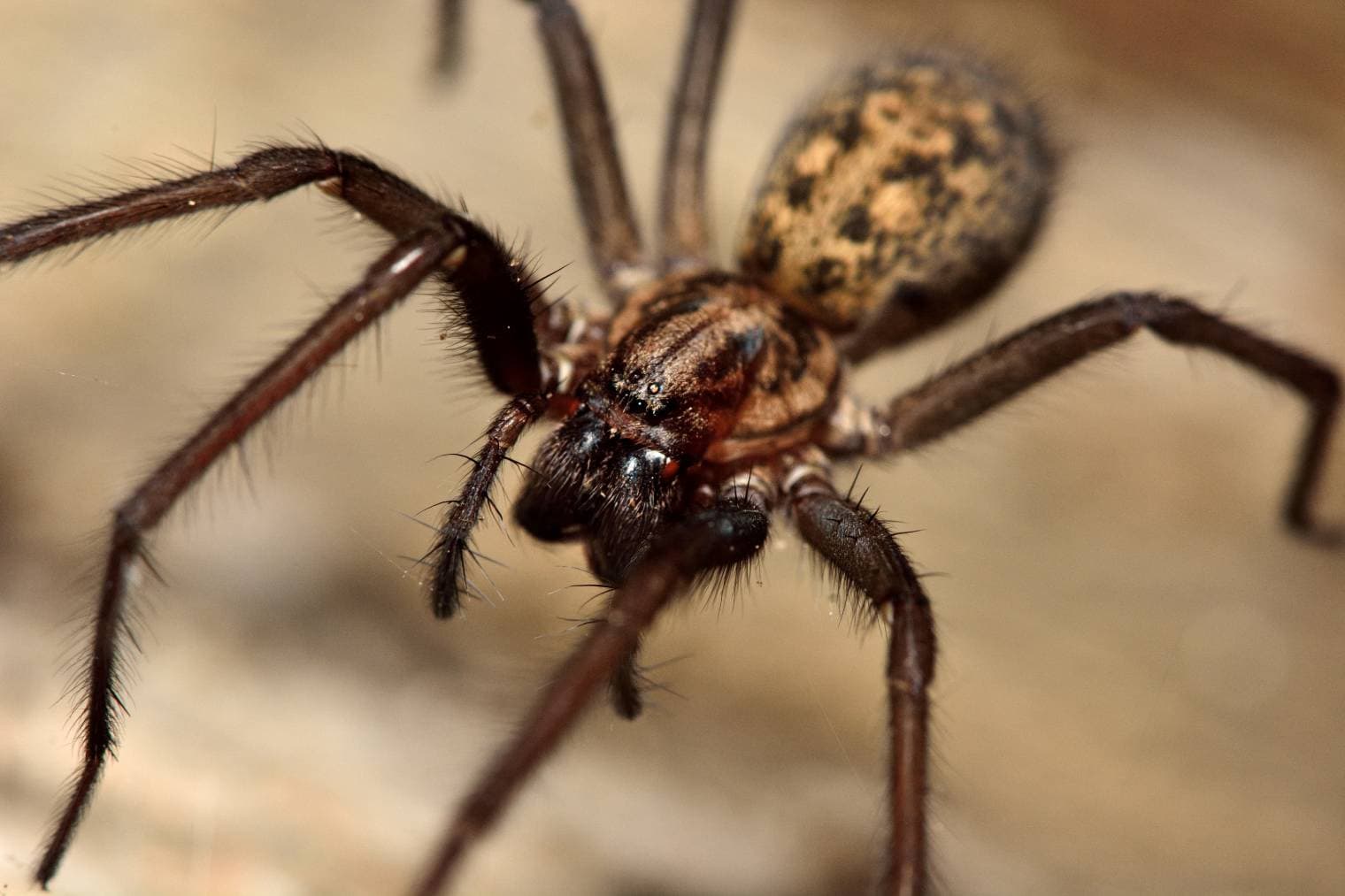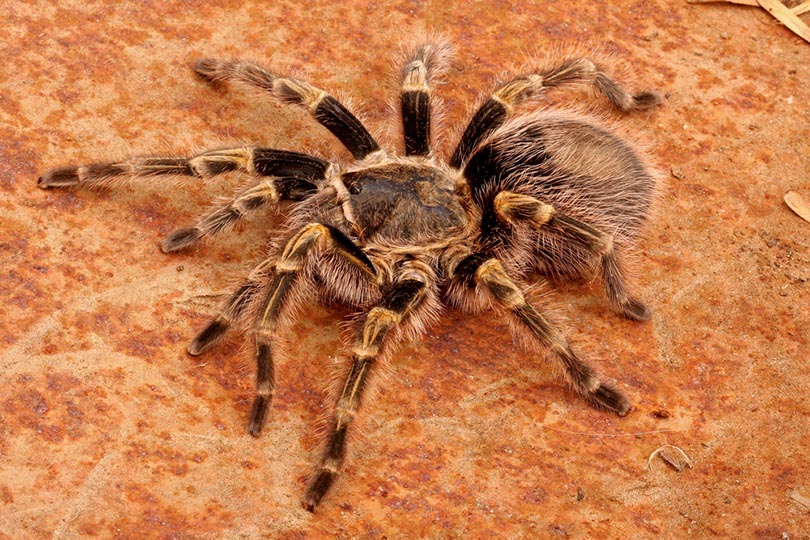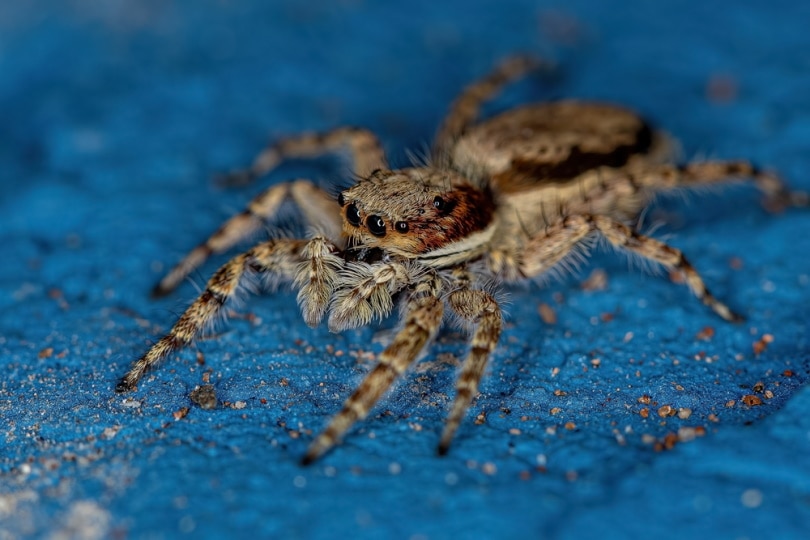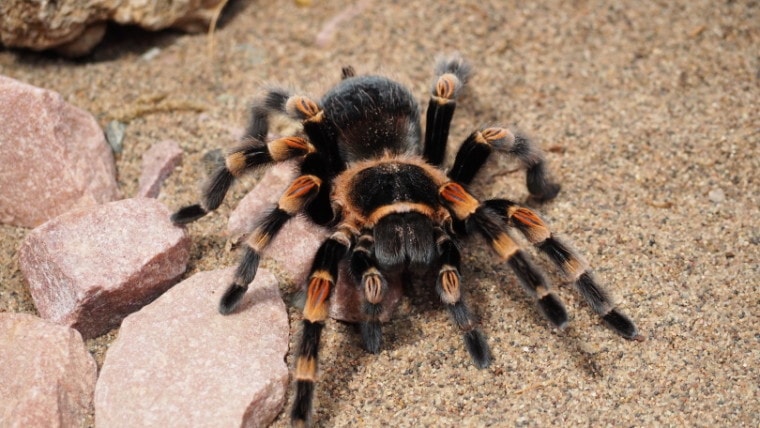
Pet Keen advocates for adopting before shopping. We understand there are many reasons for seeking a breeder, though, so we encourage it to be done the right way. We have not personally investigated all of the breeders below, rather, we have gathered their details for you to get in touch and ask all the right questions before you decide. Learn more about our position and how to choose a breeder here.
Tarantulas are fascinating exotic pets that are become increasingly popular in the USA due to their beauty, interesting features, and long lifespan. There are over 850 of these nocturnal arachnids. This gives you plenty of options to choose from and there is an ideal species for every tarantula owner. From the striking blue tarantula to the large bird-eating species, all tarantulas differ in appearance and personality.
With so many different tarantulas to choose from, you want to ensure that you are aware of different reputable sources to purchase or adopt your tarantula from. This article will provide you with a complete list of some of the best places to get a high-quality tarantula from while giving you allowing you to choose from many different species that these sources have available for purchase or adoption.
Tarantula Breeders in the USA
Getting a tarantula from an ethical breeder is the best option if you are looking for a tarantula of a specific species, size, coloration, and temperament. These tarantula breeders take pride in their collections and are willing to answer any questions you have on the type of tarantulas they have for sale.
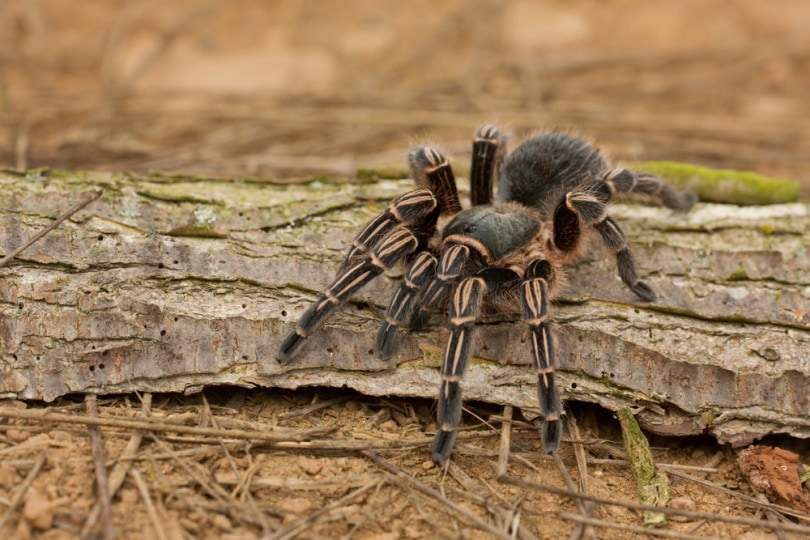
Tarantula Breeders Near Me
Tarantula Breeders That Ship
Tarantula Breeders Registered with U.S Fish and Wildlife Service

How Much Does a Tarantula Cost?
The tarantula hobby itself may be fairly low cost in terms of maintenance and habitation, however, tarantulas are not cheap themselves. You can expect the average price for a beginner tarantula to be between $60 to $100. The price range for adult tarantulas can range from $150 to $300. Some rare adult tarantulas can be priced as high as $500, especially if they are female since they live longer. Slings and spiderlings under 1 year of age will be cheaper in comparison to juveniles and adults.
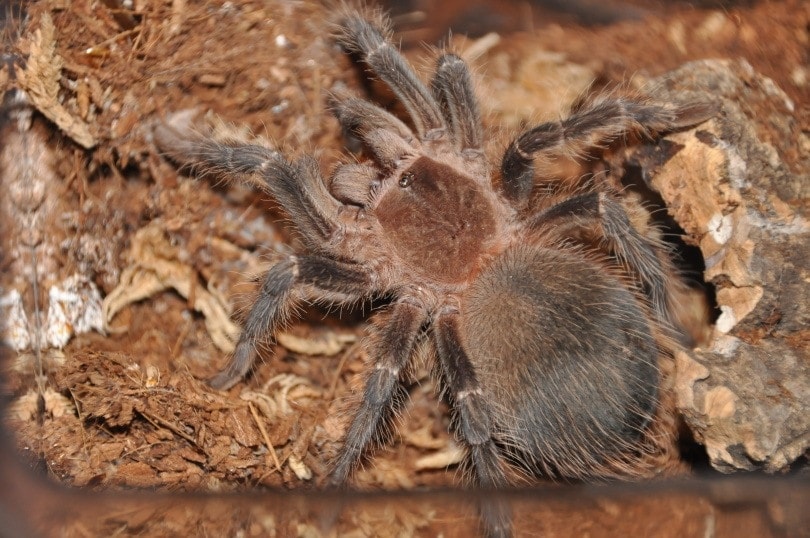
Things to Ask a Tarantula Breeder
The first most important question to ask a tarantula breeder is the age and gender of the specific tarantula. Most hobbyists have a gender preference, mainly because males and females can differ greatly in terms of lifespan, appearance, and care. Finding out the gender of the tarantula is important because you will get a general idea of how long you can expect to have the tarantula in your care. The age should be considered because an adult tarantula will have different care requirements than a sling or juvenile.
You should also speak to the breeder about the tarantulas’ current conditions. The breeder will typically have a more than ideal setup for the species in question and they should be willing to provide you with picture references and details as to how the tarantula should be kept.
Lastly, speak to the breeder about any warranties that come with the tarantulas. This can include the dead-on-arrival warranty or a warranty that allows you to swap and correct any orders that were of the breeder’s fault. A refund policy may also be issued if your tarantula arrived dead and you do not want a replacement.

The 5 Things to Know Before Buying a Tarantula
1. Species and Size
Each species of tarantula has a different care requirement. It is important to understand the individual needs of your preferred tarantula before purchasing one. Some tarantulas require more humidity and a higher temperature, while others will die in such conditions. There is also a major difference between arboreal (climbing) and territorial (land-dwelling) tarantula habitats.
If you purchase a sling, they will require a much simpler and smaller habitat in comparison to adults or juveniles.
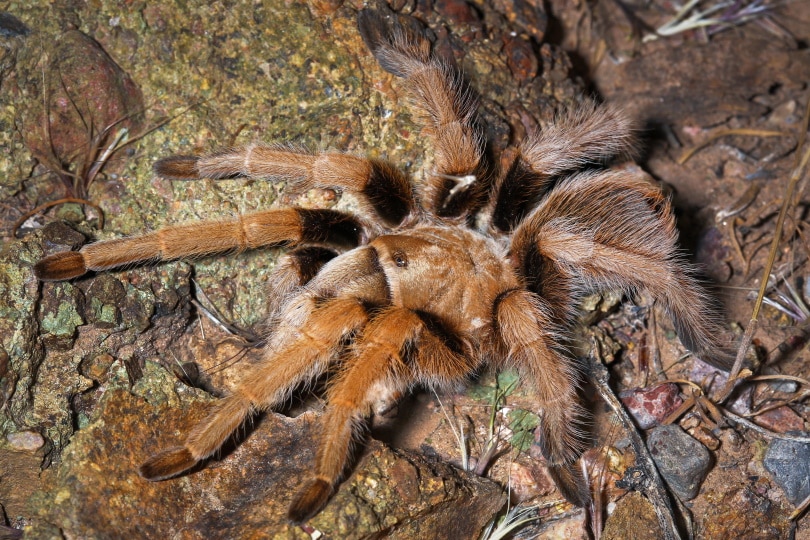
2. Gender
Female tarantulas live longer and grow much slower than males. A healthy female can reach between 15 to 20 years of age in your care, whereas males rarely live more than 6 or 7 years. Female tarantulas are an exceptionally long commitment, and you need to be sure that you can care for a female for nearly two decades.
3. Handling
Tarantulas are more of a watch than a handle pet. Only experienced keepers should attempt to handle their tarantula. If you are looking for a cuddly and interactive pet, the tarantula is not right for you. Handling is more of a risk for the tarantula than you because if they were to be dropped or fall from even a short distance, their abdomen will rupture which results in death.
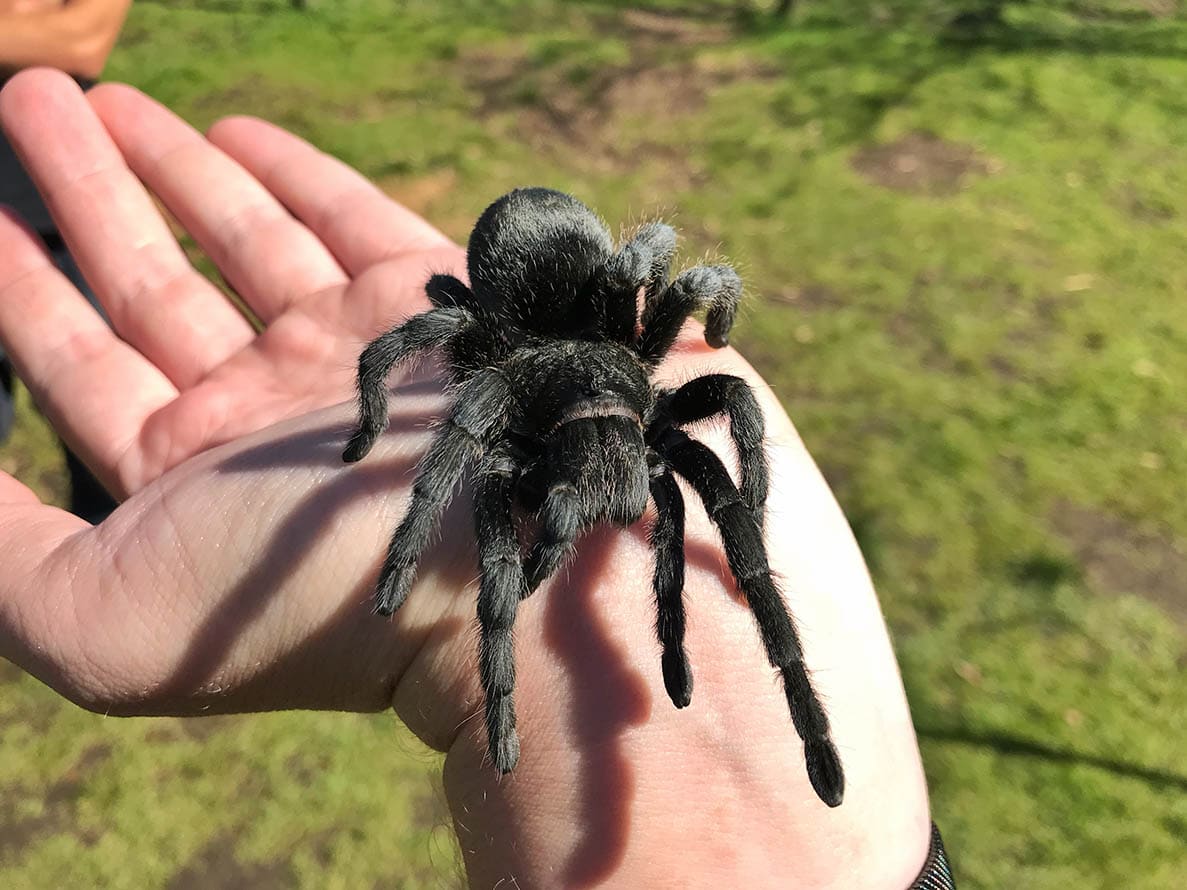
4. Habitation and Maintenance
If you choose to house your tarantula in a species-appropriate home like a critter keeper or reptile breeding box, it will be pricier than If you were to use a temporary plastic tub with holes drilled in. The species will determine the type of enclosure your tarantula needs and choosing the right one is essential for their survival. That being said, slings and spiderlings will need a much smaller and cheaper form of housing while they are still growing. Some keepers may find it difficult to clean their tarantula’s habitat because they are fearful of them. Keep in mind you will also have to clean and refill the water dish multiple times a week as well as provide them with daily misting.
5. Diet
Tarantulas do not eat food that comes in pellet form, and you will have to feed them live foods such as crickets, super worms, and roaches. This means buying live feeders from a pet store and housing them in a separate container. Tarantulas only eat once or every second week, so these feeders will be in your home for quite a while.
Conclusion
Tarantulas can make loveable pets for older children and adults. If you can care for a tarantula properly and do extensive research on the species you plan to keep, you should have a thriving tarantula in your care for years to come. Now that you have discovered different reputable breeders and rescues in your area, you can begin the exciting journey of purchasing your tarantula.
Featured Image Credit: Jake Heckey, Pixabay

